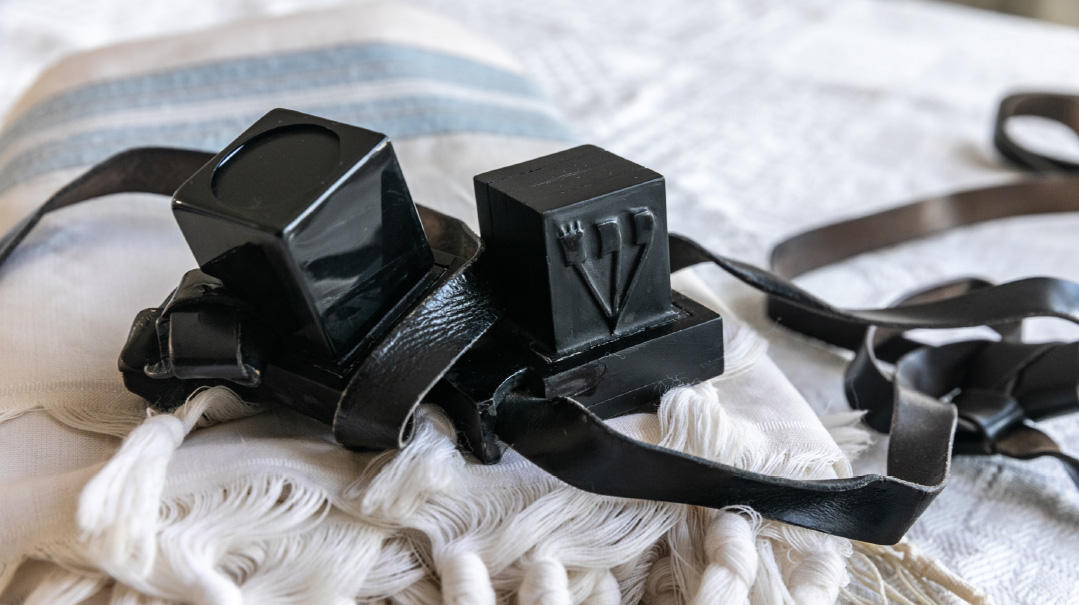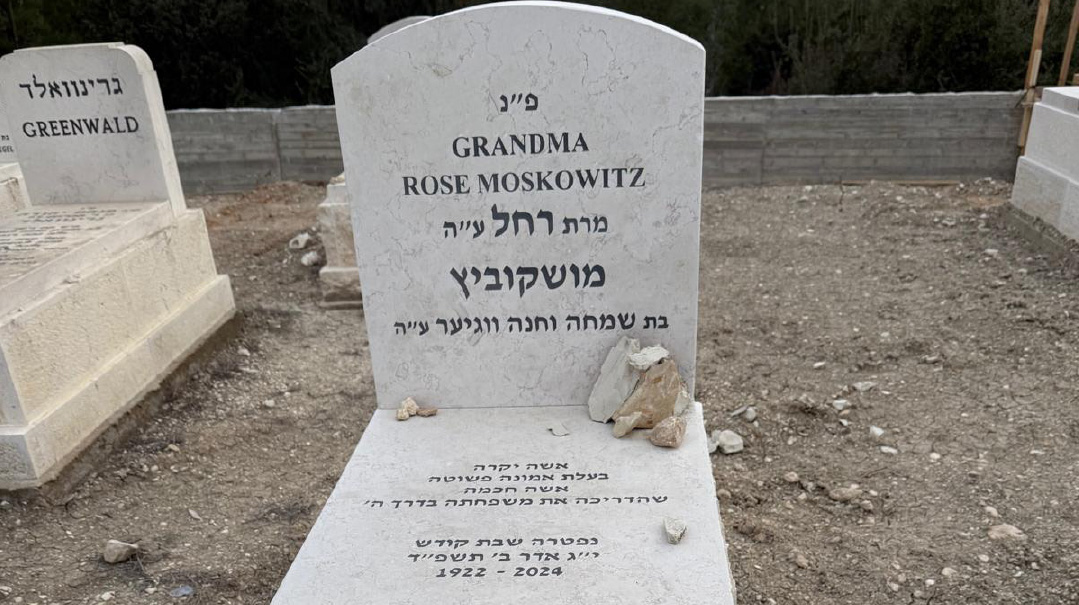Any Moment


My mother, of blessed memory, was hospitalized in Beth Israel Medical Center with terminal cancer. Despite the grim prognosis, she remained upbeat and optimistic, trying — as much as her illness would allow — to utilize her time in the hospital productively.
That was how Ima had always lived her life. In her mind, every minute of one’s life is a gift. Every moment was to be used wisely, and above all, utilized for kiddush Sheim Shamayim.
Ima’s take on pregnancy was unique. She once confided to me that to her, one of the most satisfying aspects of expecting a child is that for nine months not a second is wasted. The mother is creating and sustaining a Jewish life 24/7.
Entering Beth Israel only heightened her sense of urgency not to waste a moment. Ima would receive visitors, particularly former students, even when she didn’t feel up to it. “Morah, what can we do for you?” they would inquire, and she would give each one a chizuk suggestion perfectly tailored to the individual; not too difficult, yet challenging.
At some point, Ima had a Jewish roommate who was an agnostic. This woman had no family, so Ima spent lots of time talking to her. Being an intellectual, this roommate enthusiastically embraced discussions on theology and philosophy. It soon became apparent to Ima that the woman was firm in her beliefs, and at a stage in her life when she was not about to change any of them because of Ima’s arguments.
Then one day, Ima’s roommate casually mentioned that she had left instructions in her will to be cremated. At this point Ima resolved that she must gather all her resources and determination to convince the woman that as a Jew, she could not possibly do this. If she didn’t live as a Jew, she must at least die as a Jew.
“You can’t really be absolutely certain that there is no G-d or afterlife,” Ima asserted. “If you were so sure, you wouldn’t argue so vehemently. If you are cremated, you forfeit your chance for an afterlife.”
Ima argued that “signing up for a Jewish burial would be like taking out an insurance policy to protect yourself against the remote possibility that there really is life after death.”
“After all, isn’t that what insurance is all about?” asked Ima.
Ultimately, this line of reasoning won the day.
The hospital afforded Ima the opportunity to visit lonely Jewish patients. She took note of those who received few or no visitors, and made daily rounds to each one. Even when Ima was too weak to walk on her own, she would not give up her daily routine. She would ask two of us children to support her on each side as she made her way slowly and painfully to each room, offering friendship and encouragement to her fellow patients. In turn, they were eager to fill their hearts, and often lonely souls, with her loving and comforting words.
One elderly woman, however, stood out in stark contrast to the rest of the patients Ima visited. As Ima would enter her room with her usual broad smile and outstretched hand, this woman would turn her face to the wall, unwilling to even glance at the bearer of good cheer.
It seemed clear to those of us on the sidelines that Ima’s attempts at friendship only annoyed and unsettled her.
We questioned Ima about it. Why should she waste her very limited energy on this unappreciative woman? But Ima explained that this woman, who seemed to reject friendship, needed her more than any of the other patients did. Not wholly comprehending how Ima had drawn that conclusion, we just nodded respectfully.
Eventually Ima was discharged from the hospital. Dressed in her street clothes, she went from room to room bidding farewell to her new acquaintances. Her goodbyes were laden with emotion as she blessed each one with a full and quick recovery. However, nothing prepared us for her last stop — to see the woman who had always recoiled at Ima’s presence.
As Ima leaned over to wish her well, this woman suddenly grabbed onto Ima and held her in a tight embrace. Soul-stirring sobs shook her old and frail body. Her wordless wails seemed to exclaim, “Don’t leave me, you are all I have!!”
We stepped back, stunned. Ima simply gave us a quick, knowing glance.
Who said a hospital is a dead-end place? Ima taught us that it is alive with opportunity.
Time is timeless and space is without confines… when utilized in the service of Hashem.
(Originally featured in Mishpacha, Issue 747)
Oops! We could not locate your form.












